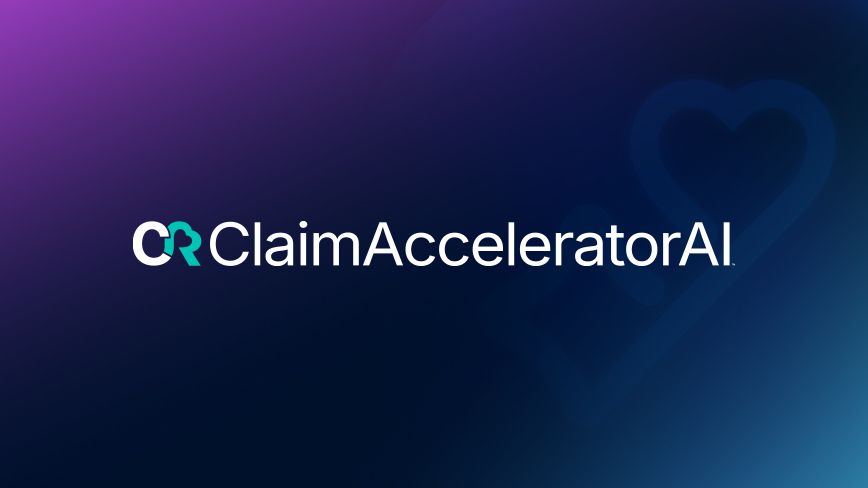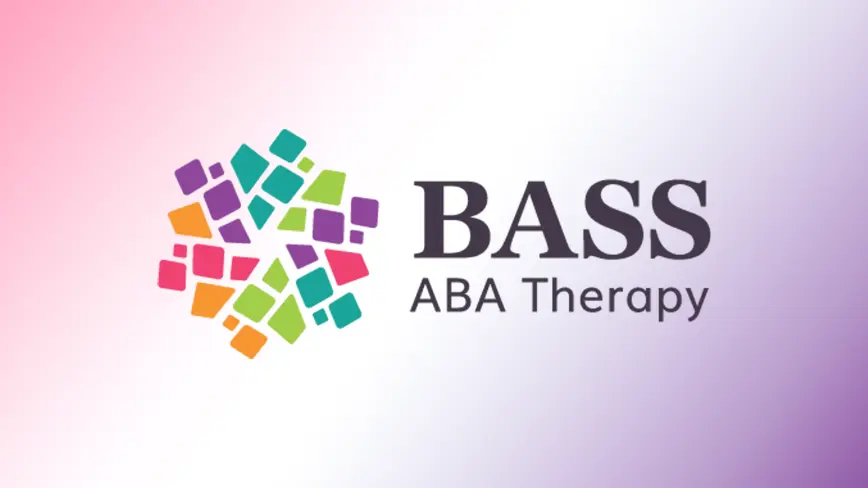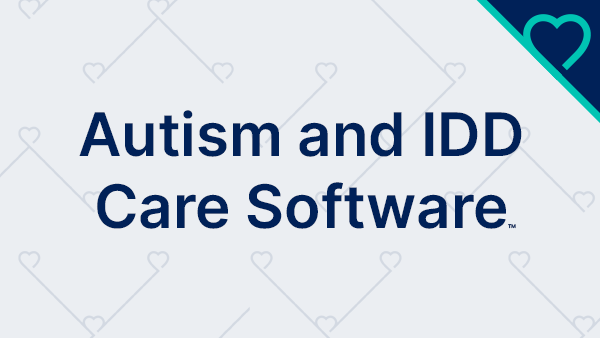Special education teachers work with students with diverse learning needs. To effectively meet these diverse needs, educators must be provided with resources that streamline their tasks to enhance learning and alleviate their workload. CentralReach, a leading provider of special education software solutions, recognizes the importance of providing educators with comprehensive tools and support to enhance the implementation of IEPs and facilitate student success.
Understanding the Importance of IEP Software
Individualized Education Programs (IEPs) are essential to a special education student’s learning journey. They are crucial for supporting students with diverse needs and ensuring they receive the individualized education necessary for success. Crafting, managing, and implementing IEPs can be complex and time-consuming. IEP software plays a significant role in streamlining the process.
- Data collection–Data is a required component of an IEP. IEP software facilitates comprehensive data collection, allowing teachers and therapists to input baseline, ongoing performance, and ABC data, among other types, in a digital platform.
- Progress monitoring–To ensure students are making adequate progress on IEP goals, the team must closely monitor their student’s acquisition of skills and reduction of behaviors. IEP software with automatic graphs and robust reporting offers an easier way to gauge whether goals and interventions effectively support the student.
- Goal tracking–IEP software eliminates the need for paper data sheets, making it easier for all IEP team members to track goals, keeping students’ individualized needs at the forefront.
- Reporting and analytics–Reporting and analytics features allow educators and administrators to generate detailed reports about student progress. These insights inform decision-making about the progression of the student’s individualized learning plan and facilitate effective communication of progress with stakeholders.
- Compliance management–Compliance with laws, regulations, and district policies is non-negotiable. IEP software can help educators maintain compliance by collecting, managing, and reporting real-time progress data.
- Evidence-based curricula–Some IEP software, such as CR LiftEd, includes evidence-based programs that align with adaptive behavior assessments. Built-in curricula empowers educators to deliver high-quality, holistic instruction.
Using a centralized platform for all aspects of IEP management and implementation has numerous benefits for students, parents, and educators, including:
- Increased efficiency
- Improved data accuracy
- Enhanced collaboration among multidisciplinary teams
- Compliance with federal, state, and district regulations
- Elevated outcomes for students
- Reduced burnout for educators
Exploring IEP Data Collection Sheets
Many educators utilize paper data collection sheets to document student progress, behavior, and academic performance as a requirement of the IEP. Accurate and consistent data collection is vital for data-driven decision-making about instructional strategies, interventions, and IEP modifications. As such, digital data collection is becoming increasingly common within special education.
The design and structure of IEP data collection sheets can significantly impact the tool's effectiveness. Digital data collection sheets should include customizable templates that allow teachers to individualize the structure based on their needs.
IEP data sheets can be tailored to track various skills and behaviors, including IEP goals, behaviors, therapy, and skill acquisition goals.
The most important components to have on your IEP data collection sheet are:
- The student’s name
- The target behavior or skill
- Date of observation
- Measurement of the skill or behavior (e.g., percentage of opportunities, frequency, duration).
Illustrating IEP Data Collection Examples
Educators and IEP team members can collect and analyze student data in IEP software like CR LiftEd to inform instructional decisions and support student growth.
CentralReach provides special education teams with a comprehensive data collection and analysis solution. CR LiftEd offers a platform for educators to track and monitor student IEP data, saving countless hours with enhanced efficiency. IEP teams can eliminate the need for paper data, spreadsheets, and multiple disparate systems for tracking behaviors and skill acquisition goals. Effectively communicating progress with the IEP team, including parents and caregivers, is critical. Comprehensive data and graphs help paint a picture of the student’s progress and areas of continued need.
Common Data Collection Methods and Tools
The data collection methods educators use depend on factors, most importantly, the student’s individual needs. The following are the common types of data collection methods in special education.
- Anecdotal Records–These are brief notes documenting observations. Anecdotal records involve qualitative data, such as the learner’s response to instruction or interventions, observations of the learner’s engagement with peers or educators, or behaviors observed. These records provide valuable context about the student’s current functioning, although they do not include quantitative data.
- Behavior Charts/ABC Data–Antecedent Behavior Consequence (ABC) data collection tracks the variables associated with interfering behaviors. This encompasses the antecedents, which is what happened right before the behavior, and the consequences, which is what happened right after the behavior. Recording ABC data on behavior charts helps behavior analysts and teachers understand why students engage in particular behaviors. This data is critical for developing behavior intervention plans (BIPs) that directly address the function of the student’s behavior.
- Behavior Data–Along with ABC data, it’s important for educators to track quantitative data on challenging behaviors. These could include frequency, duration, response latency, or other measures. Graphing behavior data provides a visual representation, making it easier to analyze. Closely monitoring behavior data helps IEP teams ensure the BIP strategies work effectively for the student.
- Skill Acquisition Data–Many IEP and skill acquisition goals can be recorded on standard IEP data collection sheets. This type of data tracks whether the student demonstrates a skill accurately. It’s typically calculated as a percentage of opportunities. For example, if the student practices rote counting five times a day, three of which they counted correctly, the data would be recorded as 3 out of 5 correct, or 60% of opportunities. Skill acquisition data is essential for demonstrating progress on the IEP and offering a data-driven approach to modifying instructional strategies as needed.
Posted in Education, Special Education
You may also like...
Related information and stories
How Do Assessments Help in Developing Individualized Education Programs (IEPs)?
Crafting an Individualized Education Program (IEP) that incorporates learners’ unique strengths while addressing their challenges requires care and precision. Assessment for students with autism is critical in identifying students’ diverse…
Enhancing Behavior Support in Schools with School-Based BCBA Services
As best practices evolve in special education, applied behavior analysis (ABA) in classrooms is becoming increasingly common. What was once primarily a therapy used to support children with autism in…
Special Education Data Collection/Case Management Success for NJ School District
Finding the right partners to promote quality and efficiency in special education is essential. In today’s digital world, this means discovering the tools and technology that promote student success and…









